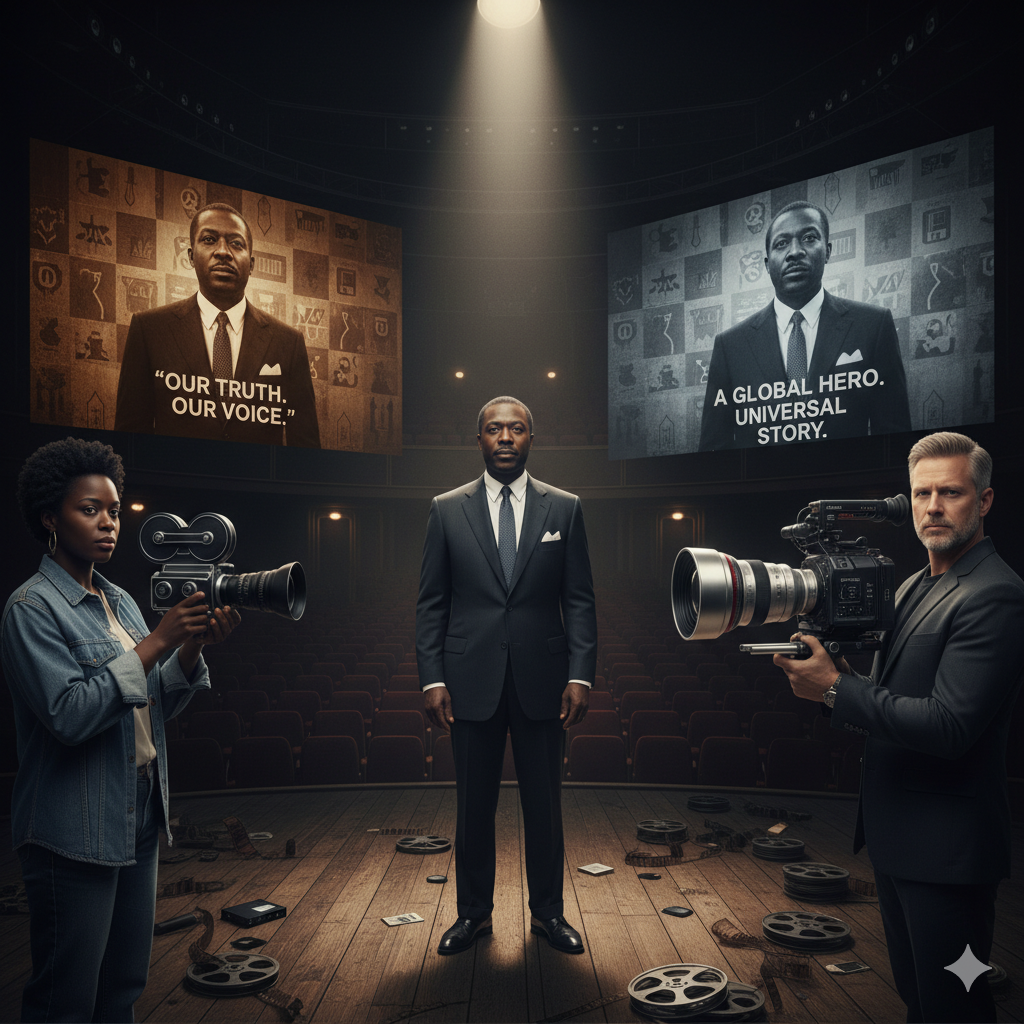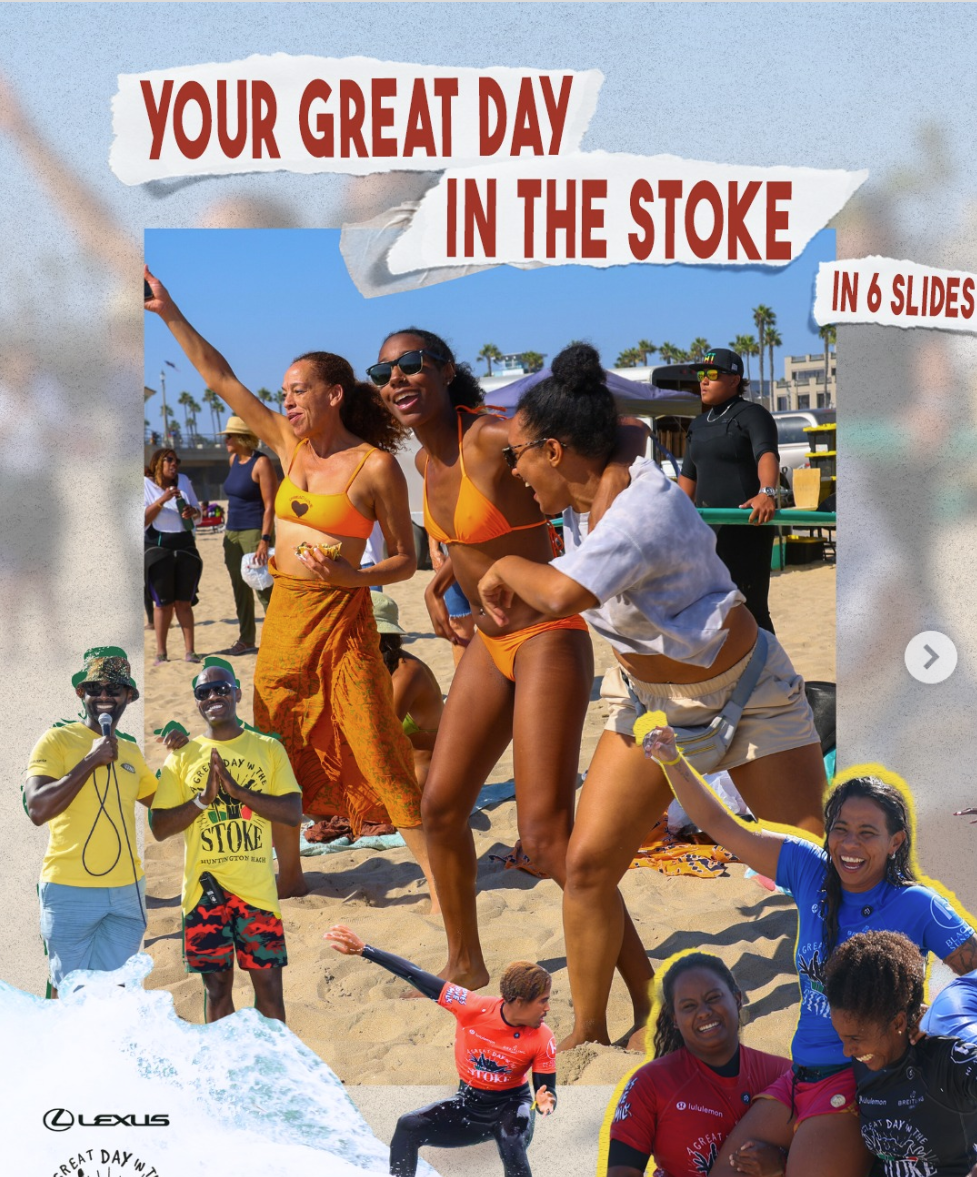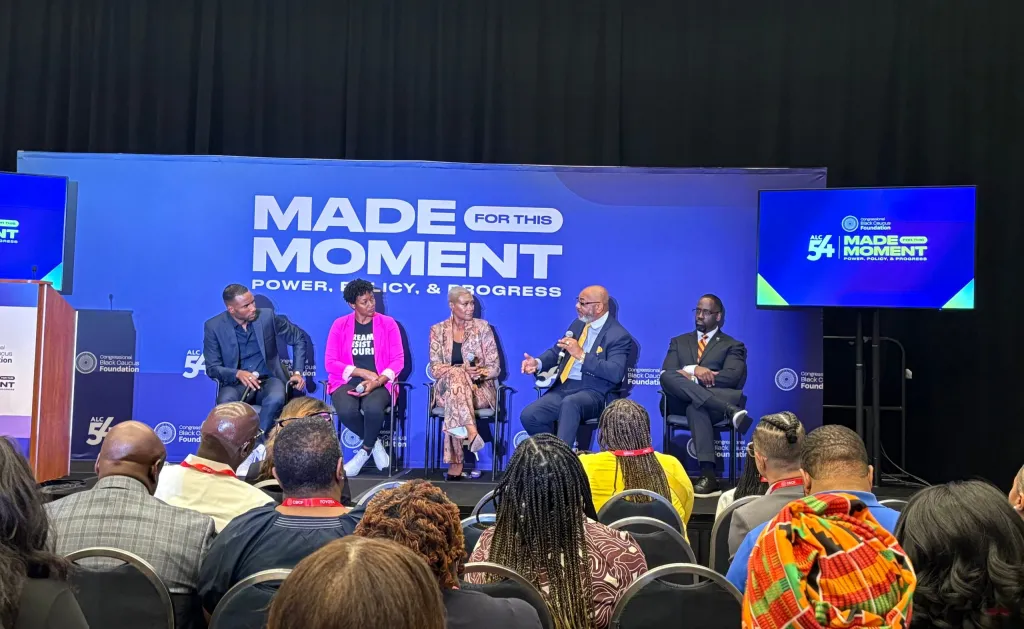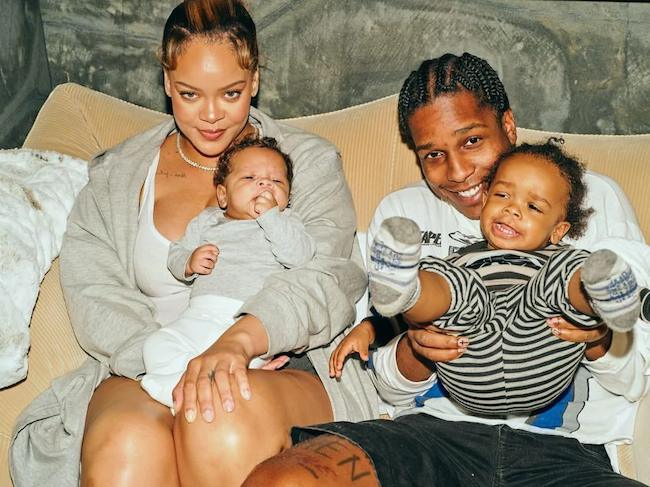Alright, family, let’s dive deep into a question that keeps the culture talking: Who gets to tell our stories? This isn’t just about what’s on screen; it’s about ownership, authenticity, and impact. We see it play out all the time in Hollywood and beyond, so we’re bringing it to the “Vibe Check: Would You Rather” hot seat.
Imagine this: There’s a crucial Black historical figure whose story deserves to be told. It’s powerful, it’s poignant, and it’s essential for the world to know. Now, you have two very different paths to bring it to life.
Would you rather…
Have a high-budget, major Hollywood film about a Black historical figure that is directed and produced by a famous white creative, guaranteeing it reaches millions of people, dominates the box office, and is a contender for major awards? Think massive marketing, star power, and a global audience.
OR
Have a low-budget, independent film on the same topic that is directed and produced by a talented but unknown Black creative, ensuring the story is told with full authenticity, nuance, and a perspective that comes directly from the culture, but will likely only be seen by a smaller, niche audience and might not get the mainstream recognition it deserves?
This question forces us to weigh reach against authenticity. Is it more important for our stories to be seen by everyone, even if it means some of the edges are smoothed out or the narrative is filtered through a different lens? Or is it paramount that our stories are told with absolute truth and cultural integrity, even if it means fewer eyes will witness them?
There are valid arguments on both sides. The big-budget Hollywood version could educate millions who might otherwise never encounter this history, sparking conversations on a global scale. But does a famous white creative truly understand the nuances, the pain, the joy, and the specific historical context needed to tell it right? Could it inadvertently perpetuate stereotypes or miss the deeper cultural significance?
On the flip side, the independent Black creative guarantees a voice that’s lived, breathed, and understood the cultural landscape. It’s about us telling our own stories, by us, for us. But without that major backing, does it get lost in the noise? Does the impact remain confined to those already in the know, missing out on the opportunity to shift mainstream perspectives?
This is a real-world dilemma that creators and activists face constantly. There’s no easy answer, and that’s exactly why we need to talk about it.
So, hit us up in the comments: What’s your pick, and why? Let the Real Talk begin!




Leave a Reply